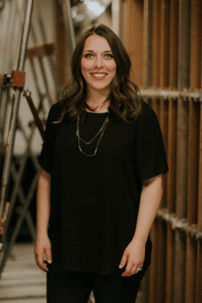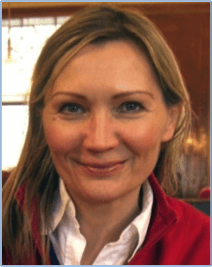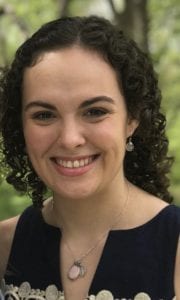 Class of 2020
Class of 2020
Project Manager
Majors: Computer Science, Mathematics
Lyle Scholar
SEAS Award
Lyle Senator
Lyle Ambassador
Tristan Knotts graduated from Southern Methodist University, majoring in Computer Science and Mathematics. He was a Lyle Scholar, SEAS Award recipient, and a member of the Lyle Ambassadors program, the face of the Lyle School of Engineering and Lyle’s primary recruiting organization. Tristan has held many key roles within the organizations he is involved, including Lyle Senator within SMU’s 104th Student Senate, the captain of his intramural football team, and Treasurer of the Cyber Security Club.
In summer of 2018, Tristan, worked at AT&T, a global leader in technology, media, and communications, as a software developer and project lead, designing and developing a software application. At AT&T, he gained valuable insight into the technology and communications industry, as well as experience in an innovative corporate environment. He was given a key role within a new project that allowed him to complete most of the project development lifecycle and saving AT&T operation costs of hundreds of thousands of dollars over the next few years.
In the summer of 2017, Tristan, worked at the defense contractor Raytheon, as a cybersecurity intern, designing application frameworks, and conducting software testing. Tristan also worked at SMU’s Caruth Institute for Engineering Education for two weeks, teaching high school students the fundamentals of engineering, and drone piloting.
At the Hunt Institute, Tristan worked as a project manager, where he oversaw student-driven projects through the project lifecycle. He was drawn to the institute by its inspiring mission to help others and provide solutions to real-world humanitarian and environmental issues. He enjoys the opportunity to make an impact on the global community, and hopefully inspire others to make a difference.
“Upon first walking into the Hunt Institute I could see the passion, integrity, and innovation the team expressed daily. The projects taken on by the Hunt Institute are highly innovative and all have the potential for positive impact, making it rewarding to participate. The institute’s encouraging and supportive environment inspires me to work to help others and give back whenever I can. I look forward to working with the institute throughout my college career to make a difference in the community.”
After graduating from SMU, Tristan has been working as a Business Analyst at Deloitte Consulting.
To read more about the Hunt Institute’s work to develop future-focused solutions to some of the world’s biggest problems, please click here. For the latest news on the Hunt Institute, follow our social media accounts on LinkedIn, Facebook, and Instagram. We invite you to listen to our Podcast called Sages & Seekers. If you are considering engaging with the institute, you can donate, or sign-up for our newsletter by emailing huntinstitute@smu.edu.











 Sara Langone’s work with the Hunt Institute focuses on designing and conducting qualitative research projects at an organizational and community level on topics related to the Hunt Institute’s three pillars of food systems, infrastructure and inclusive economy. Langone’s qualitative approach provides rich, contextualized insight that helps enable the Institute and its partners to better understand communities and create bottom-up solutions to systemic issues.
Sara Langone’s work with the Hunt Institute focuses on designing and conducting qualitative research projects at an organizational and community level on topics related to the Hunt Institute’s three pillars of food systems, infrastructure and inclusive economy. Langone’s qualitative approach provides rich, contextualized insight that helps enable the Institute and its partners to better understand communities and create bottom-up solutions to systemic issues. Break Bread, Break Borders (BBBB) is a catering company with a twist. BBBB hires women who came to Dallas as refugees and equips them with the tools to thrive in a new country. Not only does BBBB help build a necessary sense of community among women who have lost nearly everything in their home countries, but BBBB also facilitates a discussion about immigration in the United States.
Break Bread, Break Borders (BBBB) is a catering company with a twist. BBBB hires women who came to Dallas as refugees and equips them with the tools to thrive in a new country. Not only does BBBB help build a necessary sense of community among women who have lost nearly everything in their home countries, but BBBB also facilitates a discussion about immigration in the United States.
